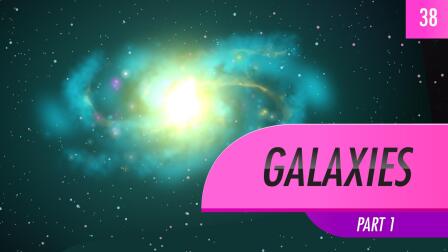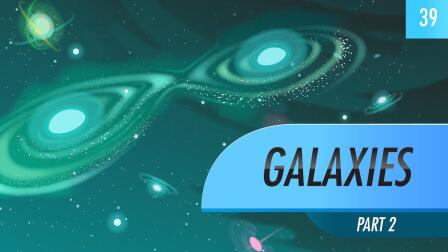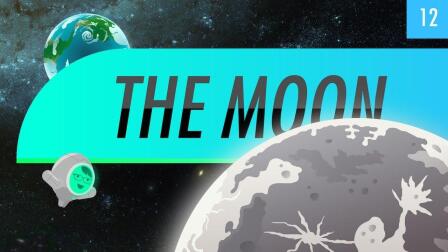Back to Show
Crash Course Astronomy
Nebulae: Crash Course Astronomy #36
Season 1
Episode 36
Astronomers study a lot of gorgeous things, but nebulae might be the most breathtakingly beautiful of them all. Nebulae are clouds of gas and dust in space. Some nebulae are small and dense, others can be dozens or hundreds of light years across.
Support Provided By

12:11
Stellar mass black holes form when a very massive star dies, and its core collapses.

12:42
In the aftermath of a some stars we find a weird little object known as a neutron star.

12:02
Massive stars fuse heavier elements in their cores than lower mass stars.

11:09
What comes next after the death of a low mass star? A white dwarf.

12:02
Today we are talking about the life -- and death -- of stars.

11:05
Brown dwarfs have a mass that places them between giant planets and small stars.

11:49
There are many other planets outside of our own solar system, but finding them is tricky.

10:40
Phil explains stars and how they can be categorized using their spectra.

11:20
How do astronomers make sense out of the vastness of space?

10:33
In order to understand more of universe, we need to talk a little bit about light.

11:21
What the difference between a meteor, meteorite, and meteoroid?

11:40
We're heading to the outskirts of the solar system.











